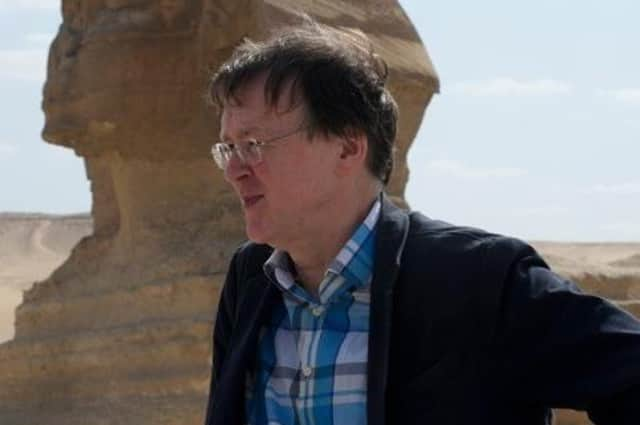The limitations of science in medicine – Professor Graham Watt


Leading from the chair, Scott successfully argued that the proposal should be declined, recording in his diary: “I think hearing it before Mr Knox has made any defence would be an intimation of our preference of the cause of science to those of morality and common humanity.”
Scott’s priorities hold true today. While science has transformed our ability to understand and change the world, its application is frequently an exercise in political choices and human values. And when science is not there to guide us, value-based choices are all we have.
Advertisement
Hide AdAdvertisement
Hide AdSince the first randomised controlled trials of streptomycin treatment for tuberculosis in the late 1940s, evidence-based medicine has revolutionised health care. The mass delivery of treatments of proven effectiveness, such as control of high blood pressure to prevent strokes and heart failure, means that health care can improve population health and widen health inequality if care delivery is uneven. The highest quality evidence comes from randomised controlled trials in which neither patients nor the researchers know who is on what treatment and the effects of treatment can be evaluated free from internal bias. But ironically, the edifice of evidence-based medicine is a monument to external bias as whole groups of questions, places and patients are systematically excluded from this type of study.
In a landmark study of 1.75 million general practice patients in Scotland, those with the most common chronic conditions who only had that condition and no other were always a minority. Most patients had several other conditions - which is called multimorbidity. Yet multimorbidity, and especially complicated multimorbidity, is an exclusion criterion for most trials of treatment of specific conditions. These excluded patients are generally the ones who keep the NHS busy. The 10 per cent of patients in Scotland with 4+ conditions account for 47 per cent of potentially preventable unplanned hospital admissions.
When general practitioners serving Scotland’s most deprived communities were asked to list their educational needs, a common response concerned how to apply evidence-based medicine when so little of the evidence is based on the types of patient they see.
One of the pioneers of evidence-based medicine, the US physician Alvan Feinstein, wrote, “Until the methods of science are made satisfactory for all the important distinctions of human phenomena, our best approach to many problems in therapy will be to rely on the judgments of thoughtful people who are familiar with the total realities of human ailments.”
Although patients with multimorbidity are all different, their needs are generally the same, namely unconditional, personalised continuity of care from professionals whom they know and trust, and who are guided not only by evidence but also morality and common humanity.
Professor Graham Watt MD FRCGP FRSE CBE is a Fellow of the Royal Society of Edinburgh, and Emeritus Professor of General Practice and Primary Care at the University of Glasgow. The RSE is Scotland's National Academy, which brings great minds together to contribute to the social, cultural and economic wellbeing of Scotland.